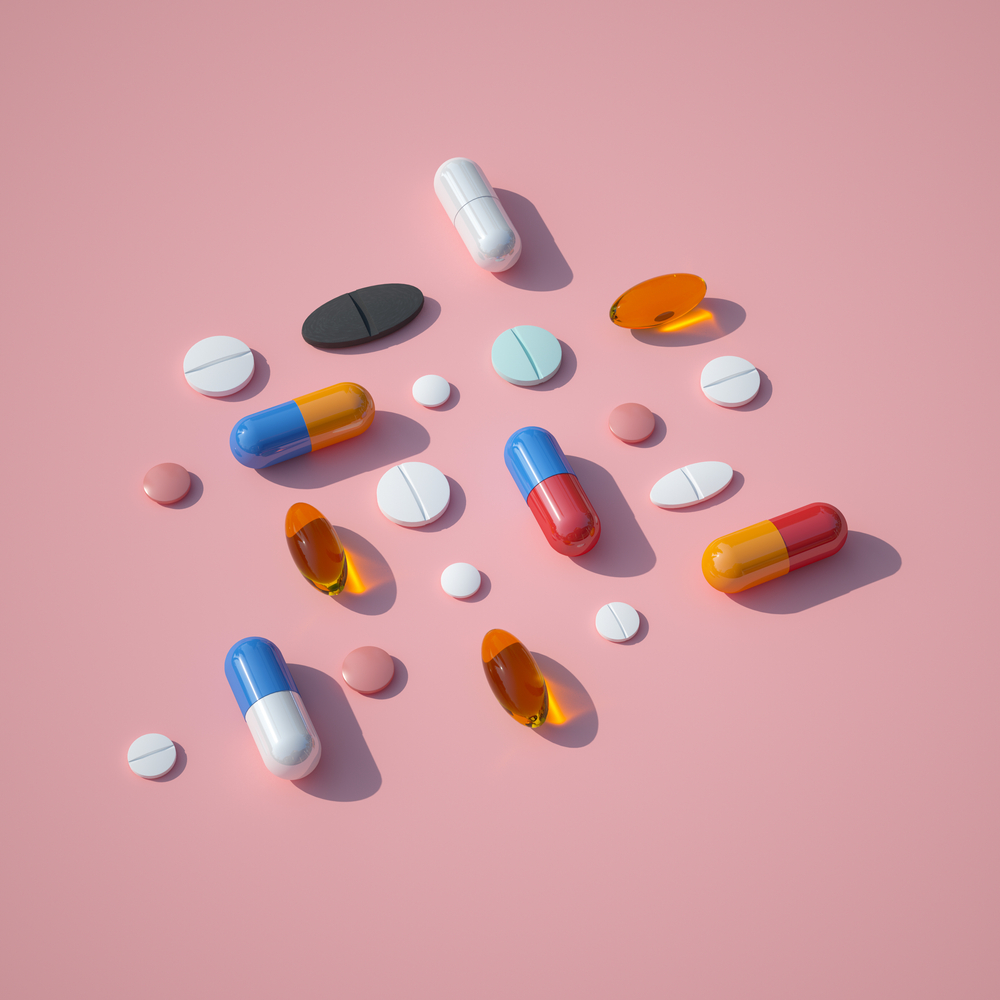Across all industries, artificial intelligence is changing our approach to developing new products, including in the life sciences and drug development. While it may seem that an AI-derived treatment is far in the future, the science, biomathematics, and computational power needed to discover and test these compounds are advancing at a rapid pace. AI is the new, better way to more quickly and accurately identify the next big drug candidate.
How AI is speeding up drug development
Until recently, new drug candidates were almost discovered by accident, after researchers experimented in the lab with a hypothesis in mind, but one that needed to be tested with time-consuming trial and error. Traditionally, it takes 10 to 15 years on average to develop new drugs, starting from the initial discovery stage, through clinical testing, and including regulatory approval. In some newer areas of medicine like gene therapy, it can take 30 years for new drugs to go from discovery to development.
Today, AI significantly speeds up drug development (thereby reducing costs) through a number of different mechanisms. For example, the right algorithms can help identify new drug targets, designing novel molecules to target diseases in ways we never dreamed of before. The first truly generative AI drug to enter human clinical trials, Insilico Medicine’s INS018_055 for idiopathic pulmonary fibrosis, advanced to Phase 1 trials in under 30 months. The company made that announcement in February 2022, and now in November 2024, Insilico has already announced positive Phase 2a topline results for the drug, now tagged ISM001-055.
Additionally, AI is improving clinical trials by optimizing patient selection and analyzing the data from the trials more effectively. The technology can even predict patient outcomes based on the data already gathered.
AI can also automate analysis of data and generate reports from that data, helping streamline the regulatory process to reach regulatory approval much faster than was previously possible when everything was done manually.
Multiomics is the next stage in AI drug development
Although AI is dramatically improving all types of drug development, there have been some challenges in using the technology in the broader area of biology and the life sciences. For example, AIs must be trained on vast amounts of data before they can be useful, and new discoveries are happening in biology all the time. An AI can’t factor in new discoveries until it is trained on the involved data first.
Further, biological data can be extremely variable and noisy, with huge volumes of data that may even be or seem contradictory in some cases. For this reason, it can be difficult to interpret conclusions from the copious amounts of available data, which can limit the accuracy of AIs.
Additionally, it can be challenging to capture every relevant factor in an AI model because biological systems are often very interconnected and complex. Finally, understanding how a result was achieved is critical for biological research, but many AI algorithms lack interpretability—even though they may be able to generate accurate predictions.
However, the good news is that we’re just now on the cusp of a revolutionary update to AI technology that is addressing some of these challenges: multiomics. The newest AI models don’t just look at a single data set to draw conclusions about drug candidates, target conditions, and potential patient outcomes. They use multiomics, combining data from multiple omes, like genomes, epigenomes, proteomes, transcriptomes, and more—using these seemingly disparate data to gain a fuller picture of the issue being addressed.
Multiomics analysis requires immense computing power to unravel the challenges put to the AI that utilizes it. This technology dramatically accelerates drug development by mining multiple data sets and analyzing them much faster than human scientists can. AI utilizing multiomics also uncovers links that human researchers might miss due to the huge volumes of data involved. Investing in and learning to use this computing power will dramatically improve our ability to identify drug candidates.
Growing prevalence of AI-developed drugs
Researchers based at the Boston Consulting Group estimate about 50 to 60 AI-enabled biologics alone are in various stages of development, and that doesn’t include other types of drugs. The firm also estimates that more than 150 small-molecule drugs using an AI-first approach are also in development as of 2022, with more than 15 of those already in clinical trials. The firm also reported that the AI-driven drug pipeline has been expanding at a rate of nearly 40 percent annually.
Given the speed at which AI-developed drugs are moving through their respective pipelines, doctors could be prescribing these drugs in a matter of years rather than decades.
Jennifer Bath is a health care executive.

